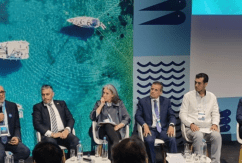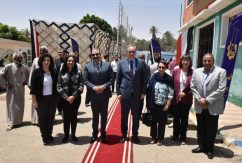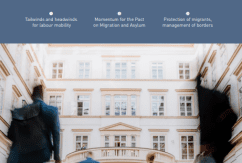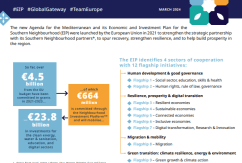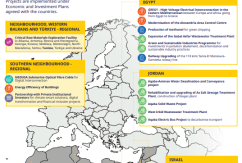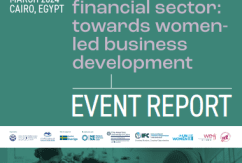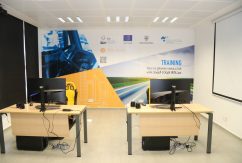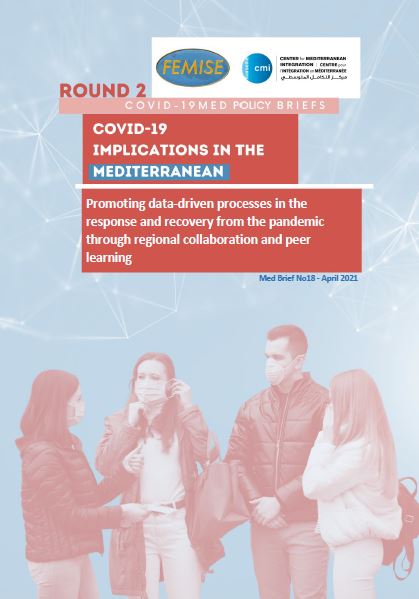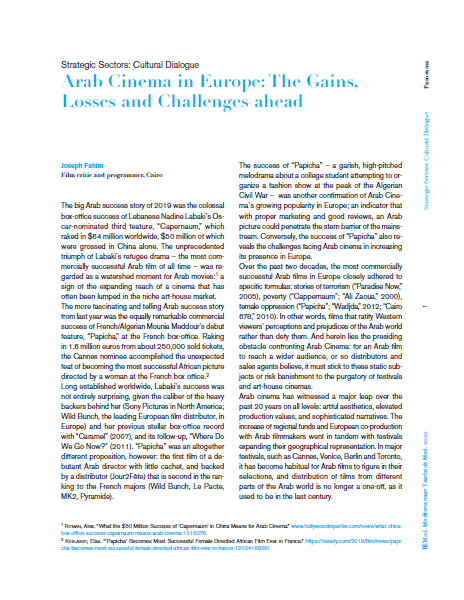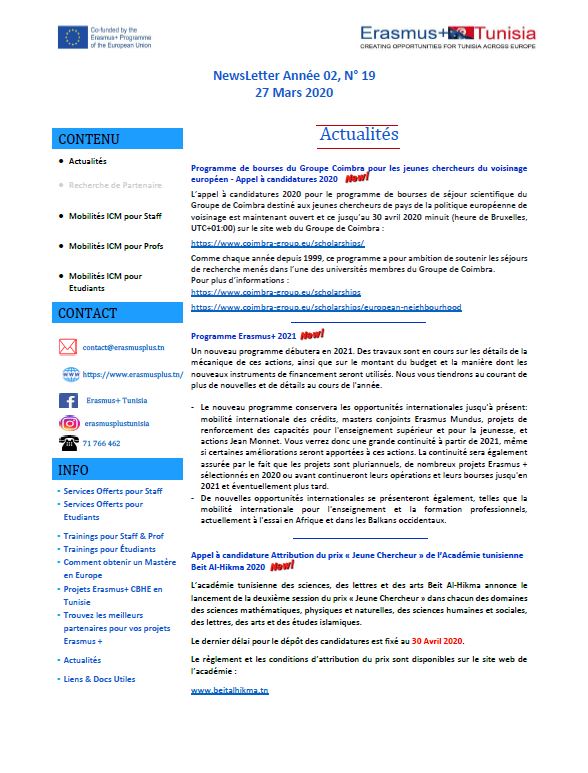CMI FEMISE COVID-19 MED BRIEF 14: COVID-19 and Women Employment in Mediterranean Countries: Impact and policies for reducing gender inequality in work
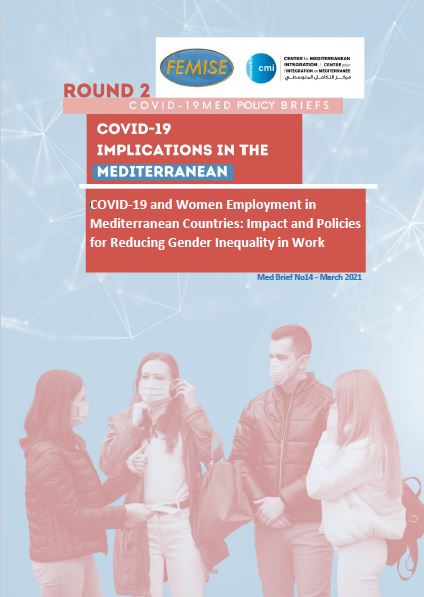

This policy brief examines the effect of the COVID-19 crisis on women employment in selected South Mediterranean countries, mainly in North Africa, focusing on the three oil importers in the region, according to the International Monetary Fund’s classification, Egypt, Morocco, and Tunisia, which have more similar economic structures than the oil exporters, Libya and Algeria.
The brief highlights how the crisis is affecting women employment globally, then examines its impact on women employment in the South Mediterranean countries of interest, an impact that might seem mild or even positive at first glance, but proves otherwise through detailed examination.
The brief concludes with discussing the implications of decreasing women employment and providing policy recommendations, both during the current recession, and on the long run, on how to support women employment in the South Mediterranean, which already lagged behind the world long before the pandemic. It also provides possible axes to empower women and reduce gender inequalities through regional cooperation.
The recent coronavirus crisis threatens the health, economies and societies of all countries. In Southern and Eastern Mediterranean countries, the fight against the pandemic is even more complicated. Cooperation and EU-Med strategies in key sectors are needed. Therefore, the Center for Mediterranean Integration (CMI) and FEMISE join forces and launch their joint series of Policy Briefs called “COVID-19 MED BRIEFS” to pave the way for thematic analyses and policy relevant recommendations.

